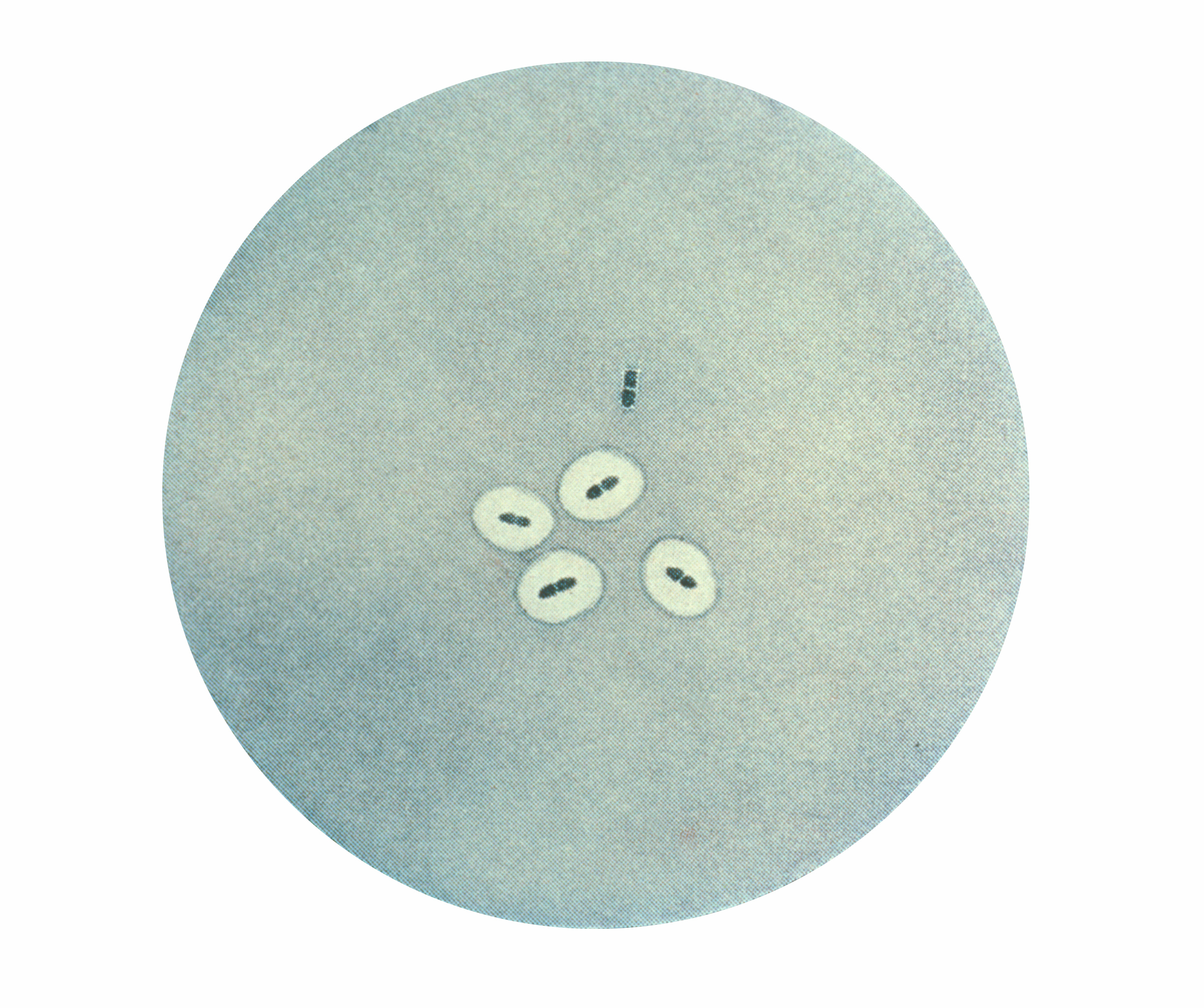Fred Neufeld on:
[Wikipedia]
[Google]
[Amazon]
Fred (Friedrich) Neufeld (17 February 1869 – 18 April 1945) was a
 From 1917 to 1933, Neufeld was director of the
From 1917 to 1933, Neufeld was director of the
physician
A physician (American English), medical practitioner (Commonwealth English), medical doctor, or simply doctor, is a health professional who practices medicine, which is concerned with promoting, maintaining or restoring health through th ...
and bacteriologist
A bacteriologist is a microbiologist, or similarly trained professional, in bacteriology -- a subdivision of microbiology that studies bacteria, typically pathogenic ones. Bacteriologists are interested in studying and learning about bacteria, ...
who discovered the pneumococcal types. This discovery led Fred Griffith to show that one pneumococcal type could be transformed into another (Griffith's experiment
Griffith's experiment, reported in 1928 by Frederick Griffith, was the first experiment suggesting that bacteria are capable of transferring genetic information through a process known as transformation. Griffith's findings were followed by res ...
). Subsequently, Oswald Avery
Oswald Theodore Avery Jr. (October 21, 1877 – February 20, 1955) was a Canadian-American physician and medical researcher. The major part of his career was spent at the Rockefeller Hospital in New York City. Avery was one of the first molecula ...
demonstrated that the transforming substance was DNA. All modern molecular biology
Molecular biology is the branch of biology that seeks to understand the molecular basis of biological activity in and between cells, including biomolecular synthesis, modification, mechanisms, and interactions. The study of chemical and physi ...
has evolved from this work.
Early years
Neufeld was the son of a physician. He was musically talented and a gifted pianist. In 1894, Neufeld became assistant toRobert Koch
Heinrich Hermann Robert Koch ( , ; 11 December 1843 – 27 May 1910) was a German physician and microbiologist. As the discoverer of the specific causative agents of deadly infectious diseases including tuberculosis, cholera (though the bacteri ...
. He worked with Koch on studies of tuberculosis
Tuberculosis (TB) is an infectious disease usually caused by '' Mycobacterium tuberculosis'' (MTB) bacteria. Tuberculosis generally affects the lungs, but it can also affect other parts of the body. Most infections show no symptoms, i ...
and went to Rhodesia with Koch in 1903 to study rinderpest
Rinderpest (also cattle plague or steppe murrain) was an infectious viral disease of cattle, domestic buffalo, and many other species of even-toed ungulates, including gaurs, buffaloes, large antelope, deer, giraffes, wildebeests, and warthog ...
.
Neufeld's discoveries
In 1900 Neufeld discovered bile solubility of pneumococci. Addition of a small amount of ox bile to a pneumococcal culture results in complete destruction of the culture after a short incubation. This unique property became widely used to diagnose pneumococcal infections. Then, using immunological techniques, Neufeld discovered that there were three pneumococcal types. In the presence of type I antiserum type I pneumococci would swell, likewise types II and III in the presence of their specific antisera. Neufeld called this the quellung reaction, after the German word for swelling. The quellung reaction allowed for easy laboratory identification of pneumococcal types. Using Neufeld’s discoveries, Fred Griffith showed that pneumococci could transfer genetic information and transform one type into another.Oswald Avery
Oswald Theodore Avery Jr. (October 21, 1877 – February 20, 1955) was a Canadian-American physician and medical researcher. The major part of his career was spent at the Rockefeller Hospital in New York City. Avery was one of the first molecula ...
then found that the transforming substance was DNA. All of modern molecular biology has evolved from this work.
Later life
 From 1917 to 1933, Neufeld was director of the
From 1917 to 1933, Neufeld was director of the Robert Koch Institute
The Robert Koch Institute (RKI) is a German federal government agency and research institute responsible for disease control and prevention. It is located in Berlin and Wernigerode. As an upper federal agency, it is subordinate to the Federa ...
in Berlin. He never married and lived with his mother until her death. When the Nazis
Nazism ( ; german: Nazismus), the common name in English for National Socialism (german: Nationalsozialismus, ), is the far-right totalitarian political ideology and practices associated with Adolf Hitler and the Nazi Party (NSDAP) in N ...
came to power they immediately demoted Neufeld, although he was Protestant (Mennonite
Mennonites are groups of Anabaptist Christian church communities of denominations. The name is derived from the founder of the movement, Menno Simons (1496–1561) of Friesland. Through his writings about Reformed Christianity during the Radi ...
), not Jewish. Neufeld remained on the Institute staff as an "honorary member" (''Ehrenmitglied'') and continued to publish. In 1939 he was nominated for the Goethe-Medaille für Kunst und Wissenschaft
The Goethe-Medaille für Kunst und Wissenschaft (Goethe Medal for Art and Science) is a German award. It was authorized by Reichspräsident Paul von Hindenburg to commemorate the centenary of Johann Wolfgang von Goethe's death on March 22, 1932. It ...
for his scientific achievements, but did not receive the honour until Feb. 17, 1944, his 75th birthday. Neufeld died in war torn Berlin of “Entkräftung” (wasting).Kleine, F.K. Fred Neufeld. Obituary (in German). Medical Microbiology and Immunology. Volume 127, Numbers 3-4 / June, 1947
References
1869 births 1945 deaths Physicians from Gdańsk People from the Province of Prussia Robert Koch Institute people German Mennonites Prussian Mennonites Medical Microbiology and Immunology editors {{Germany-scientist-stub